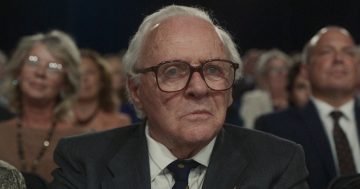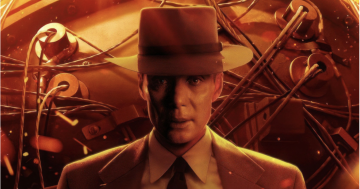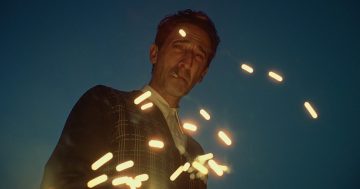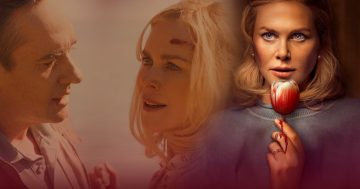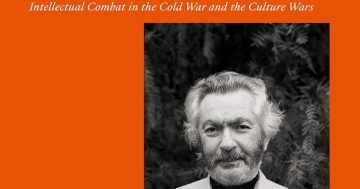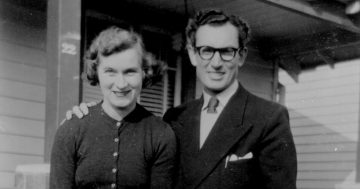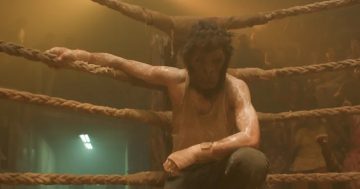Reviewed by Robert Goodman.
By Emuna Elon, Allen and Unwin.
 For all of the fame of the story of Anne Frank, very little is known or told about the fate of the Jews of the Netherlands in the Second World War. Or the systematic disenfranchisement of the Jewish population of Holland and then staged transport to the death camps of Eastern Europe. The statistic that Elon, through her protagonist Yoel Blum, drops in is that of the “approximately one hundred and forty thousand Jews of Holland, only about thirty eight thousand survived the war years”. Her new novel The House on Endless Waters (written in Hebrew and translated by Anthony Berris and Linda Yechiel), goes deep into the story of Amsterdam’s Jews, of the effort to save children by placing them with Christian families, of the role of wealthy collaborators in supporting the transportation of their fellow Jews, and of the ongoing, generational trauma of these events.
For all of the fame of the story of Anne Frank, very little is known or told about the fate of the Jews of the Netherlands in the Second World War. Or the systematic disenfranchisement of the Jewish population of Holland and then staged transport to the death camps of Eastern Europe. The statistic that Elon, through her protagonist Yoel Blum, drops in is that of the “approximately one hundred and forty thousand Jews of Holland, only about thirty eight thousand survived the war years”. Her new novel The House on Endless Waters (written in Hebrew and translated by Anthony Berris and Linda Yechiel), goes deep into the story of Amsterdam’s Jews, of the effort to save children by placing them with Christian families, of the role of wealthy collaborators in supporting the transportation of their fellow Jews, and of the ongoing, generational trauma of these events.
Yoel Blum is a famous Israeli author, his works widely published and translated. On his first publicity tour to Amsterdam, a city his now deceased mother once made him promise he would never visit, he accidentally discovers a family secret. In brief footage of a wedding that he sees in the Jewish Museum he catches a glimpse of his family – mother, father, sister and baby son. Only the son in the grainy, black and white film is not Yoel. After confronting his sister and learning the truth, Blum returns to Amsterdam, and finds a small hotel near where his parents once lived to try and uncover his own story by writing a new novel about it.
From this point the narrative begins to converse with itself across the years. The story of Yoel, losing himself in his research and writing, and the story of his mother Sonia, and her struggles during the War. Sonia’s story is a consciously fictionalised account, based on what Yoel is learning but also on what he experiences in Amsterdam. For example, the owner of the brown café near the hotel becomes the owner of a local café in Sonia’s story. Yoel sometimes exists in the same narrative space as his parents. This technique effectively blurs the line between past and present, immersing the reader into the reality of life for Jews in wartime Amsterdam.
There is plenty of pain in this story. Yoel has to come to terms with his past, and confront the trauma that has made him the person that he is. He meets others who were given up by their parents and hidden during the war, people who were permanently emotionally scarred by the experience. And the final revelations are as devastating as they are redemptive.
While Anne Frank’s story is globally known (and this book does take time to consider how it has been fetishized), there are so many Holocaust stories, even just from the city of Amsterdam that remain to be told. House on Endless Waters brings readers on a journey to understand one of those stories and the generational impacts of that story. And in doing so, Elon also contemplates issues of family and identity, of the nature of the bonds that we inherit and the bonds that we create. House on Endless Waters is heartbreaking, but it is heartbreak with a purpose and that purpose is to come out the other side with a full understanding of the past and to use that understanding to find some peace, or at least acceptance.
This and 500 more reviews can be found at www.pilebythebed.com.


